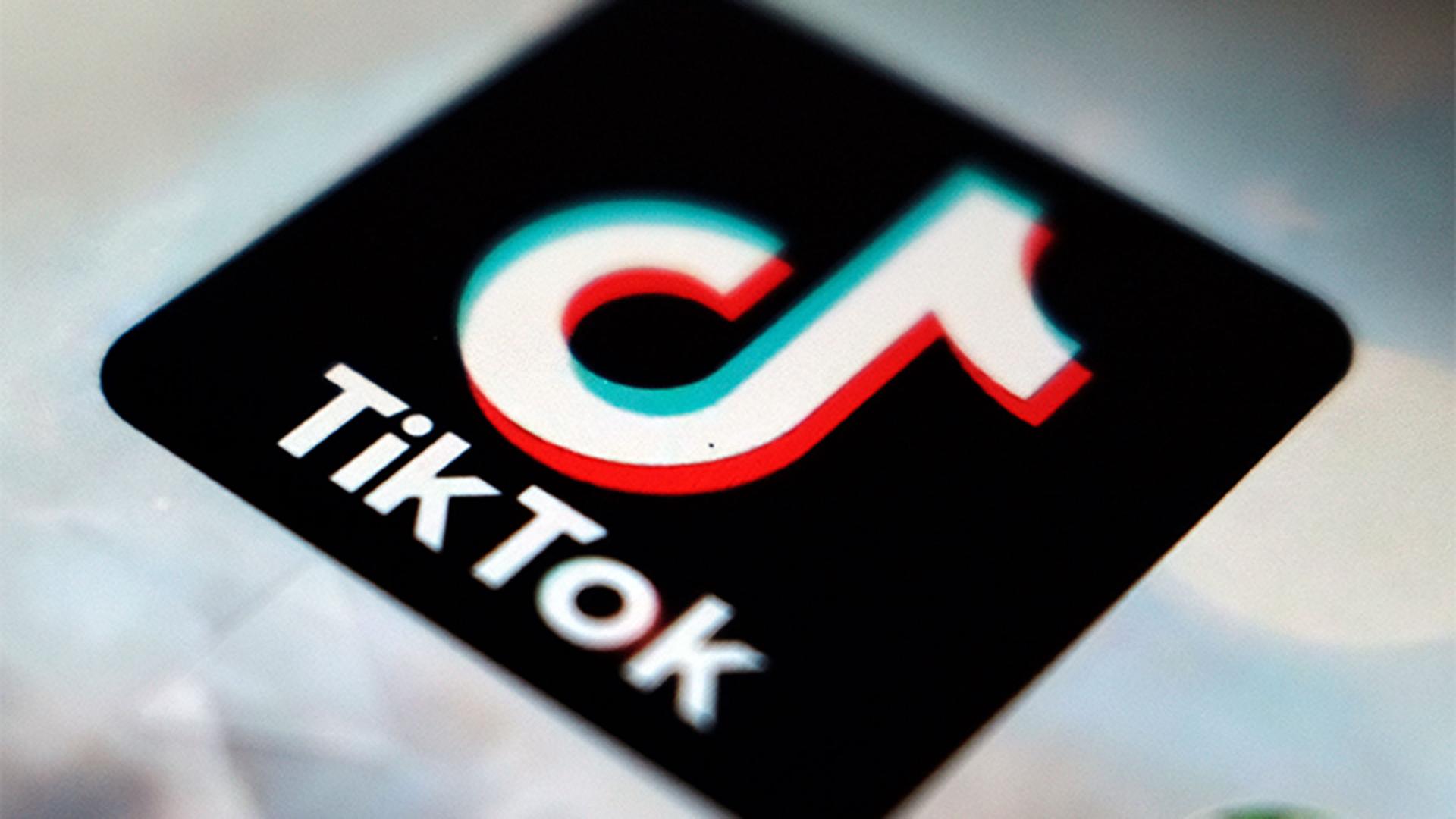TikTok can be a ‘dangerous tool for hatemongers,’ Kenyan govt warns ahead of elections
TikTok is known for its fun and silly viral videos. But a new report by the Mozilla Foundation has found that election disinformation and hate speech are being spread across Kenya on the popular social media platform.
“That, I think, is part of TikTok’s narrative, which is that they’re this place for a lot of fun and for a lot of, you know, silliness and happiness,” said Odanga Madung, the Mozilla fellow who authored the report. “But in reality, the truth is that that platform is as political as it can get,” he added.
Related: Ngũgĩ wa Thiong’o’s famously banned play returns to Kenya
In the report, Odanga analyzed more than 130 videos that violated TikTok’s policies by spreading disinformation and hate speech in relation to Kenya’s upcoming presidential election in August.
He explained that the posts are “trying to incite certain groups against others or very clearly trying to instill fear into certain ethnic groups.”
The videos have already garnered more than 4 million views.
The government has also expressed concerns about the role that social media is playing ahead of the election.
“The social media space has become a dangerous tool for hatemongers and disinformation propagandists.”
“The social media space has become a dangerous tool for hatemongers and disinformation propagandists,” Samuel Kobia, chair of the National Cohesion and Integration Commission (NCIC), said last month.
The NCIC government agency was established after Kenya’s violent 2007 election, when more than a thousand people were killed in ethnic violence.
Kobia also said that the agency plans to create a system to monitor social media outlets throughout the campaign season.
Related: Kenyan environmentalists protest proposed forest bill amendments
But Mozilla’s Madung said that social media platforms like TikTok also need to do more to moderate content and support their overworked moderators.
“[TikTok moderators] are required to review over 1,000 videos a day. And what that means is, sometimes they do not have the luxury of watching a full video …”
“[TikTok moderators] are required to review over 1,000 videos a day,” he said. “And what that means is, sometimes they do not have the luxury of watching a full video all [the way] through or they have to watch it at three times the speed.”
Madung also said that TikTok needs to be more transparent about its fact checking process, and how it labels false content.
The World reached out to TikTok about Madung’s findings and a TikTok spokesperson replied that they had a “dedicated team working to safeguard TikTok during Kenyan elections.”
Related: ‘They don’t help us’: Apathy, disillusionment with the Kenyan govt blamed for low voter registration
The statement continues:
“We prohibit and remove election misinformation, promotions of violence, and other violations of our policies and partner with accredited factcheckers, including Agence France-Presse (AFP) in Kenya. We’re also engaging locally with NGOs [nongovernmental organizations] and will roll out product features to connect our community with authoritative information about the Kenyan elections in our app.”
Our coverage reaches millions each week, but only a small fraction of listeners contribute to sustain our program. We still need 224 more people to donate $100 or $10/monthly to unlock our $67,000 match. Will you help us get there today?
